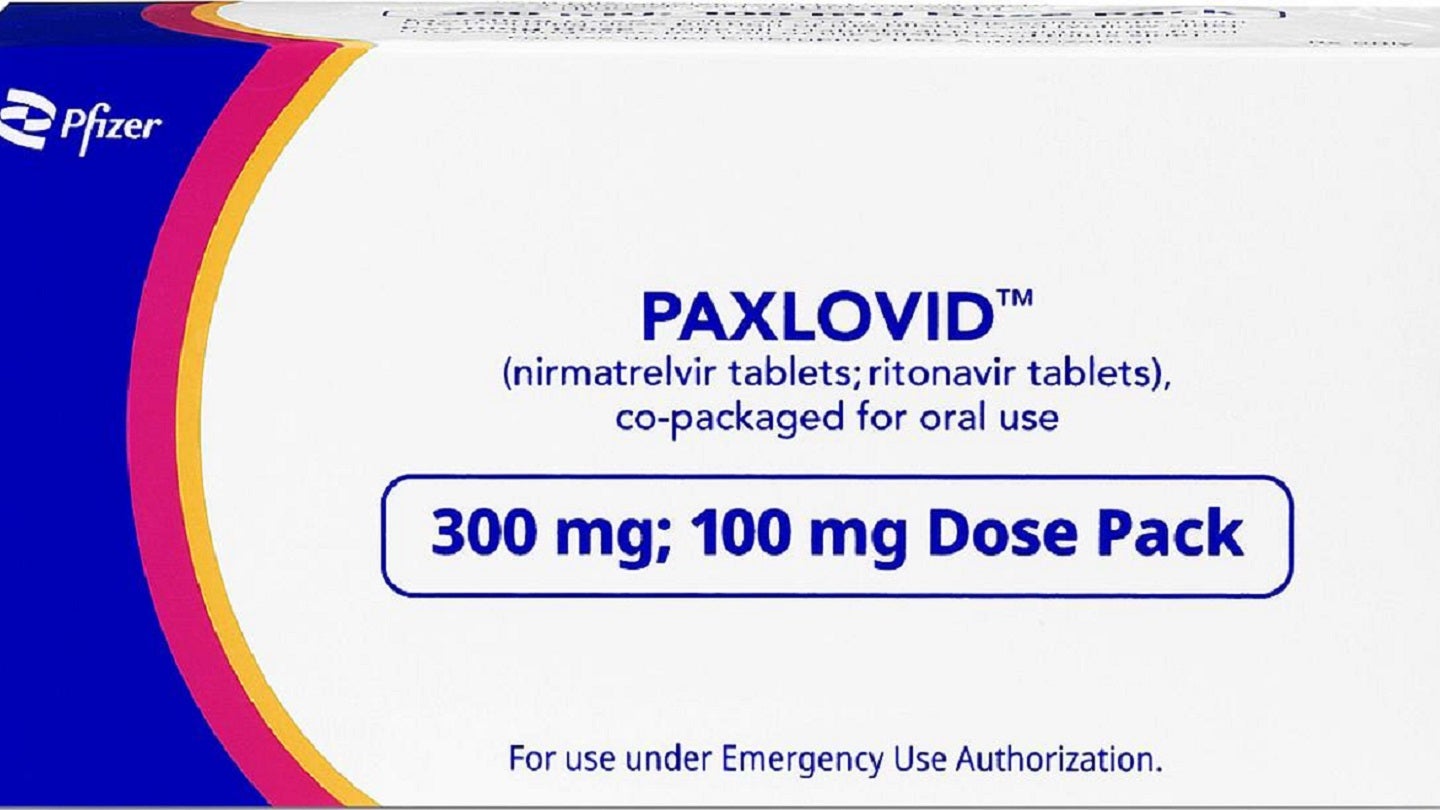
The National Institutes of Health (NIH) has launched and is opening patient enrolment for its Phase II clinical trials evaluating four potential treatments for long Covid.
These studies are conducted as part of the NIH’s Researching Covid to Enhance Recovery (RECOVER) Initiative.

Discover B2B Marketing That Performs
Combine business intelligence and editorial excellence to reach engaged professionals across 36 leading media platforms.
They will evaluate the safety and effectiveness of treatments including biologics, drugs, medical devices and other therapies.
More than 24,000 participants are currently enrolled in the ongoing studies which are intended to treat patients in groups of 100 to 300.
NIH National Institute of Neurological Disorders and Stroke director and RECOVER Initiative co-lead Walter Koroshetz said: “Hundreds of RECOVER investigators and research participants are working hard to uncover the biologic causes of long Covid.
“The condition affects nearly all body systems and presents with more than 200 symptoms.

US Tariffs are shifting - will you react or anticipate?
Don’t let policy changes catch you off guard. Stay proactive with real-time data and expert analysis.
By GlobalData“Recognising that more than one solution is likely needed, we’ve taken the lessons learned from RECOVER participants to design rigorous clinical trial platforms that will identify treatments for persons with different symptom clusters to improve their function and well-being.”
Based on the viral persistence and cognitive dysfunction, platform protocols designed include RECOVER-VITAL that uses Pfizer’s PAXLOVID (nirmatrelvir and ritonavir) to test a longer dose regimen to see if it improves the symptoms of long Covid patients.
Interventions under the RECOVER-NEURO protocol will include a web-based brain training programme called BrainHQ, developed by Posit Science for improving cognitive dysfunction.
Long Covid patients will also be assessed in RECOVER-SLEEP to test interventions for changes in their sleep patterns while RECOVER-AUTONOMIC will study interventions that help in treating symptoms associated with problems in the autonomic nervous system.
The programme is also expected to launch additional clinical trials in the coming months to test at least seven more treatments.





